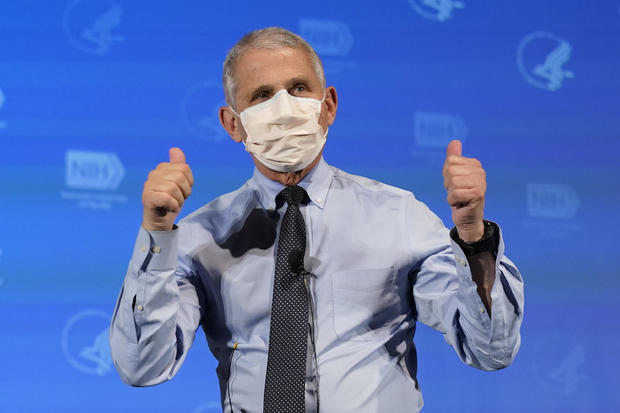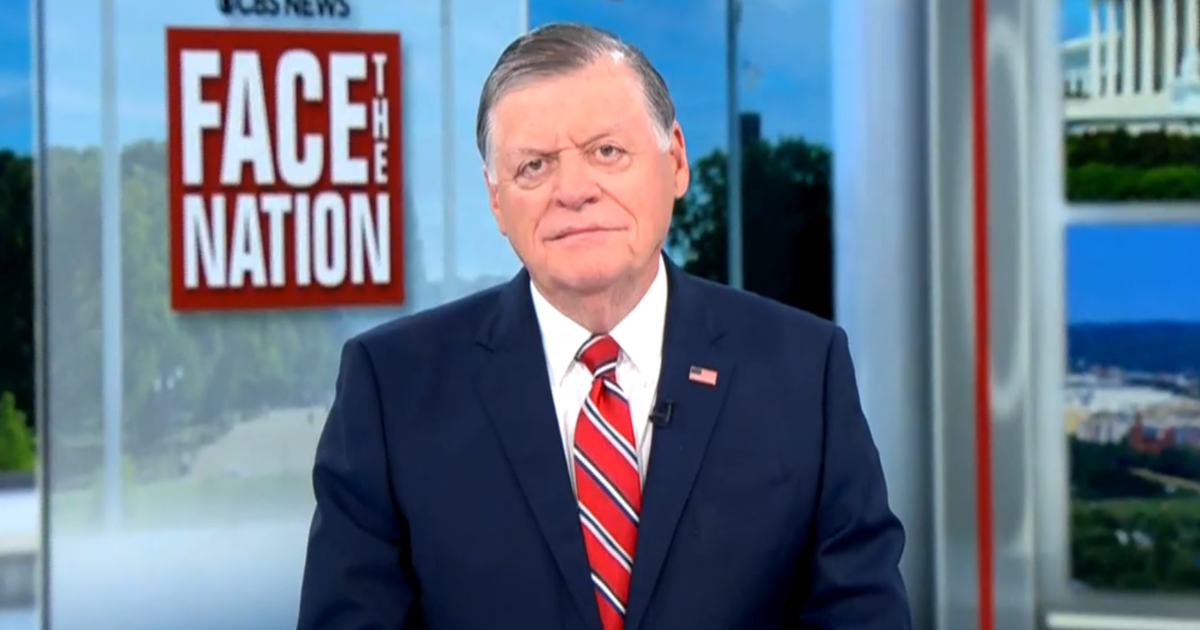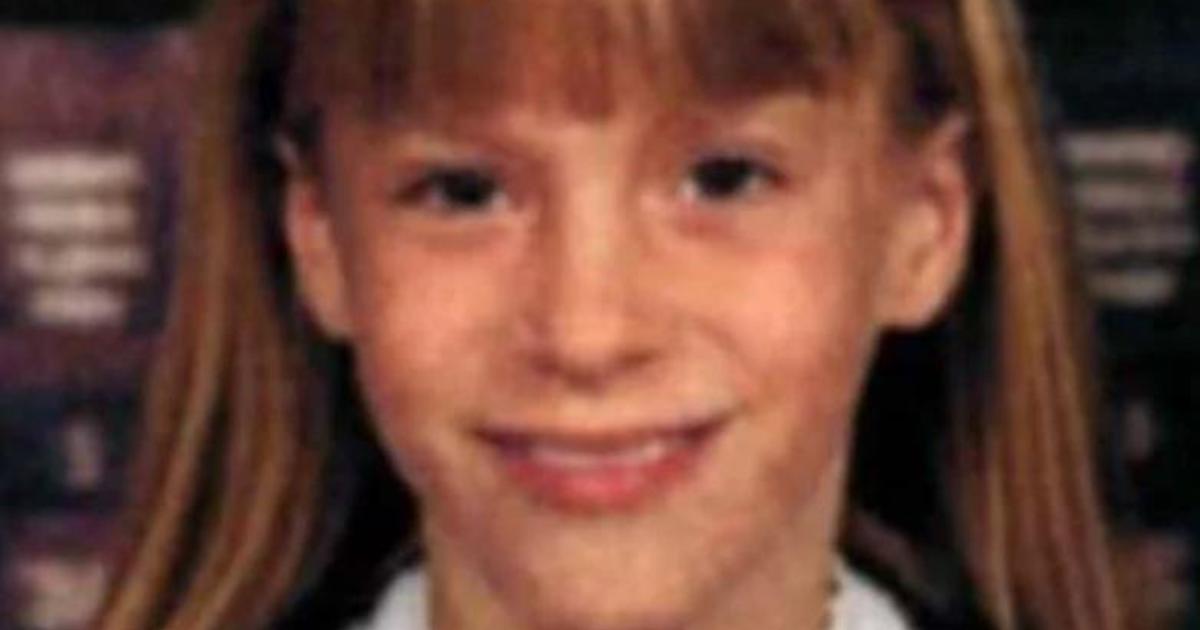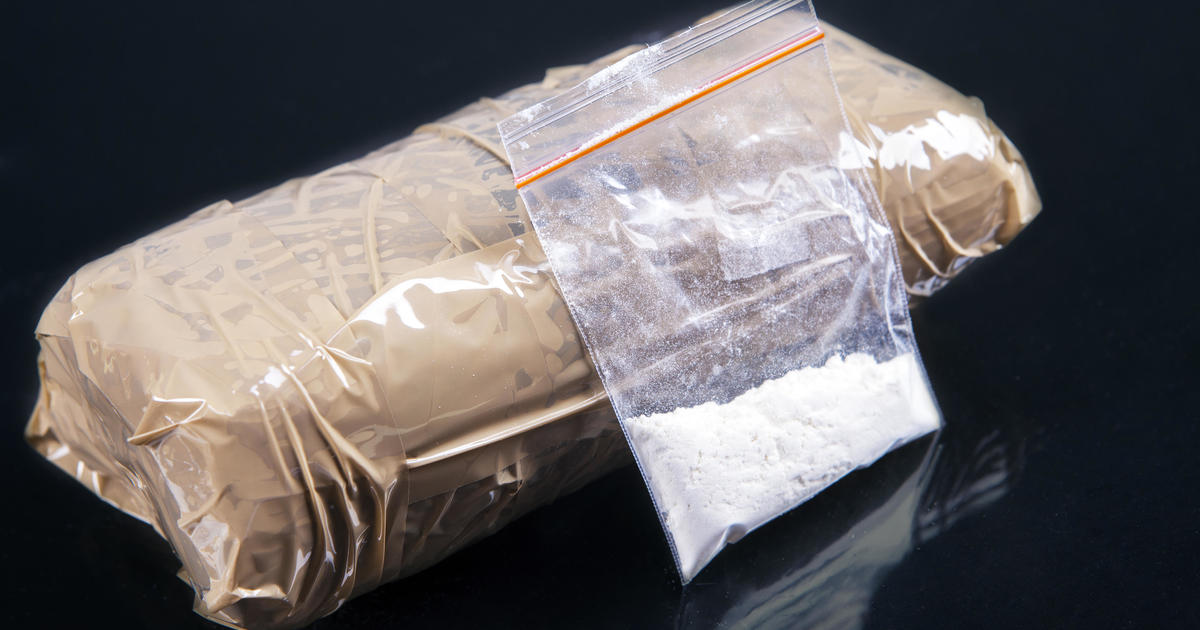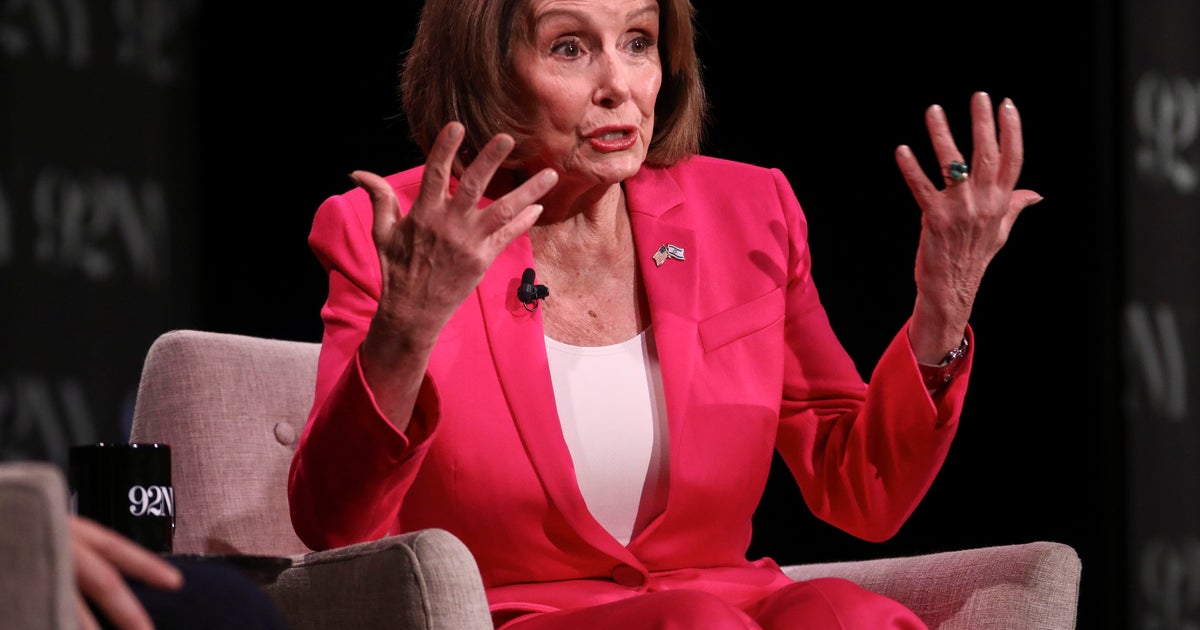Dr. Anthony Fauci says COVID vaccine is key to returning to "some form of normality"
Dr. Anthony Fauci, the nation's top infectious disease expert, says he is feeling "quite good" a day after receiving his first dose of Moderna's COVID-19 vaccine.
"I have a little bit of a sore arm. After the vaccination it was about maybe six to eight hours. I felt absolutely nothing, and then towards the late afternoon I got soreness in the arm," he said in an interview on CBSN Wednesday. "The same thing happened with other non-COVID vaccines that I have had over the years."
He and a number of other top health officials were inoculated in front of television cameras as part of an effort to promote confidence in the vaccine's safety.
Fauci joined CBSN's Anne-Marie Green for a live interview to discuss the latest on the coronavirus pandemic as the nation heads into the Christmas holiday with the number of infections, hospitalizations and deaths hovering in record territory.
As the nationwide vaccination effort ramps up, the federal government announced it has reached a deal to buy 100 million additional doses of Pfizer's vaccine. Fauci expressed optimism in the availability of vaccines going into 2021. After the first round of doses goes to frontline health care workers, nursing home residents and others at highest risk, more and more of the American public will be able to get the shots in the months ahead.
"At the end of the summer, if we can get the overwhelming majority of the people in this country to accept vaccinations, I think, we will be in good shape towards approaching what all of us would want, a return to some form of normality," Fauci said.
There have been more than 18 million confirmed COVID-19 cases in the U.S. since the start of the pandemic, and more than 322,000 Americans have died.
Asked about a mutated strain of the virus recently detected in the U.K. which may be more transmissible than before, Fauci explained that viral mutations are nothing new.
"These RNA viruses mutate all the time. The more infection and the more replication you have, the more likelihood is that you are going to get mutations," he said, and noted that most viral mutations "have no relevant functional impact."
He said there was no data thus far that indicated the new variant would withstand the vaccine.
"Having said that, we've got to take this seriously. We've got to follow it very carefully," he cautioned.
Viruses like influenza that mutate more rapidly are usually combatted by a modified vaccine. Flu shots, for example, need modification "almost every year."
However, he said the COVID-19 vaccines may not need such frequent updates. "This vaccine does not drift… it does not drift the way influenza does," he said, and he expressed confidence that adjustments would be made if needed.
The vaccines are part of a historic global effort to combat the virus, with Modera and Pfizer gaining emergency approval from the Food and Drug Administration in record time.
Asked about some people's concerns over the expedited process, Fauci urged Americans not to worry.
Historically, Fauci said the "overwhelming majority" of adverse effects to any drug studied by the FDA occurred within the first 45 days. For the new coronavirus vaccines, the FDA required a 60-day waiting period after 50% of clinical trial participants received their last dose to make sure no issues arose.
"So, people like myself and others who have gotten, in my case, the Moderna vaccine, and in the case of others, the Pfizer vaccine, you have already gone way past the time where the overwhelming majority of long-term adverse effects occur," he explained.
Adverse effects surfacing years after inoculation is "unheard of," Fauci said.
As head of the National Institute of Allergy and Infectious Diseases, Fauci was a prominent part of President Trump's coronavirus task force earlier in the year, but was sometimes sidelined or undermined by the administration.
President-elect Joe Biden has asked Fauci to be his top medical adviser in the new administration. The president-elect has already floated the idea of a 100-day nationwide mask initiative to attempt to slow the virus' spread.
Fauci said the measure would be a "good idea" but declined to comment further on Mr. Biden's strategy.
"I'm not going to get ahead of the president-elect. I won't tell him what to do," he said. Fauci did reveal that he spoke to Mr. Biden in recent days.
Any call for nationwide mask-wearing would be a stark departure from Mr. Biden's predecessor. President Trump has, at times, positively acknowledged the use of face masks, but maintained the decision would be left up to states and frequently refused to wear one himself.
"What we have had has been a real diversity of responses about wearing masks, keeping distance, avoiding congregate settings. I think it has been detrimental to the overwhelming response," Fauci said.
Fauci turns 80 on Thursday. To celebrate, he said he and his wife would have a quiet dinner and hold a video call with his daughters.
He also made it clear that he would be following his own advice on holiday gatherings, after repeatedly discouraging Christmas travel and in-person celebrations for weeks — even in the face of the unfortunate personal cost.
"This will be the first Christmas Eve, Christmas since the birth of my daughters... the first time ever, that we haven't had all three of them together with me on my birthday," he said. "It's a little bit sad. But we are looking forward to next year when all three of us will be back together again."
